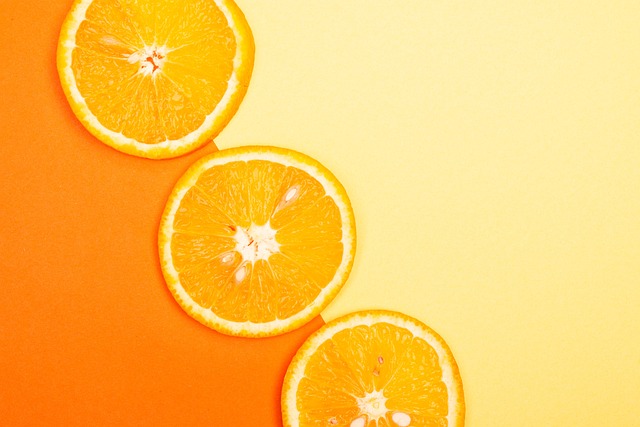Probiotics Unleashed: Enhancing Athletic Performance and Recovery
Probiotics have become increasingly popular in recent years, not only for their impact on gut health but also for their potential benefits in various aspects of human performance. Athletes, in particular, are interested in unlocking the secrets of probiotics to improve their athletic abilities and expedite recovery.
The Role of Gut Health in Athletic Performance
Athletes know that maintaining a healthy diet is crucial for optimal performance. However, many overlook the role of gut health in this equation. The gut is home to trillions of bacteria, collectively known as the gut microbiota. These bacteria play a vital role in digestion, nutrient absorption, and immune function.
Recent research suggests that gut health may also influence athletic performance. Imbalances in the gut microbiota have been associated with conditions such as gastrointestinal distress, weakened immune function, and inflammation. These factors can hinder an athlete’s ability to perform at their best.
Probiotics: The Gut’s Superheroes
Probiotics are live microorganisms that can provide health benefits when consumed in adequate amounts. They are often referred to as “good” bacteria and are commonly found in fermented foods, such as yogurt, sauerkraut, and kimchi.
Studies have shown that probiotics can help enhance athletic performance in several ways:
Improved Nutrient Absorption
Probiotics can aid in the breakdown and absorption of nutrients from food, ensuring that athletes get the most out of their diets. By maximizing nutrient intake, athletes can fuel their bodies more efficiently, leading to improved performance and faster recovery.
Stronger Immune Function
The intense physical demands of training and competition can suppress the immune system, making athletes more susceptible to illnesses. Probiotics help strengthen the gut barrier, preventing harmful bacteria from entering the bloodstream. This, in turn, boosts immune function and reduces the likelihood of infections, allowing athletes to stay healthy and train consistently.
Reduced Inflammation and Muscle Damage
Intense exercise can often lead to muscle damage and inflammation. Studies have shown that certain strains of probiotics have anti-inflammatory properties, helping to reduce exercise-induced inflammation and promote faster recovery. By decreasing muscle soreness and speeding up healing, athletes can bounce back more quickly and train at higher intensities.
Choosing the Right Probiotic Strains
Not all probiotic strains offer the same benefits. Athletes should look for strains that have been specifically studied for their effects on athletic performance and recovery. Lactobacillus acidophilus, Bifidobacterium lactis, and Lactobacillus casei are among the most commonly researched strains in this area.
It’s important to note that individual responses to probiotics may vary. Athletes should experiment with different strains, dosages, and formulations to determine what works best for their bodies. Consulting with a healthcare professional or a registered dietitian can provide personalized recommendations.
Incorporating Probiotics into Athletes’ Diets
Probiotics can be consumed through both food and supplements. Athletes who prefer a food-based approach can include fermented foods in their diets, such as yogurt, kefir, miso, and tempeh. These foods not only provide probiotics but also offer a range of other nutrients beneficial for athletes.
For those who find it challenging to consume sufficient probiotics through food alone, supplements can be a convenient option. Probiotic supplements are available in various forms, including capsules, powders, and chewable tablets. Athletes should choose high-quality supplements from reputable brands to ensure effectiveness.
Probiotics as Part of a Holistic Approach
While probiotics can offer significant benefits, they are not a magic solution. Athletes should understand that incorporating probiotics into their routines is just one piece of the puzzle. A holistic approach to athletic performance and recovery involves a combination of proper nutrition, hydration, sleep, training, and stress management.
Furthermore, the quality and quantity of probiotics matter. Athletes should strive to maintain overall gut health by consuming







